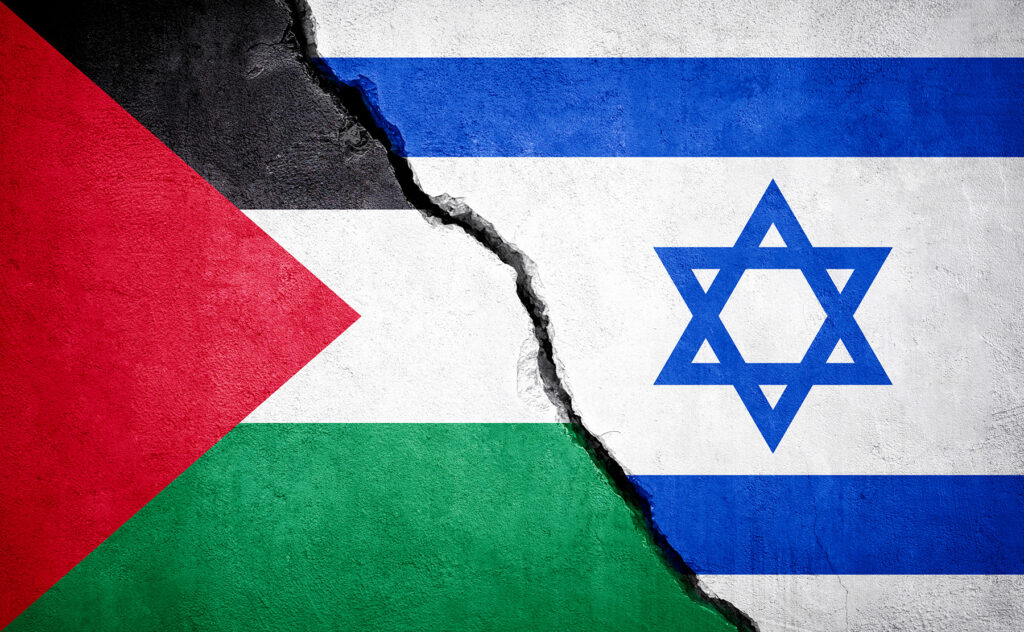The war in Gaza resumes, Hamas remains in place, and Jewish settlers in the West Bank attack Palestinians to force them out. Is hope for a Palestinian state, alongside Israel, finally dead and buried?
No. The reality is grim, but tortuous passages in the Arab-Israel conflict have often been followed by breakthroughs. In 1973 Egypt attacked Israel, and six years later made peace (a peace that has endured almost half a century). In late 1987 Palestinians in the West Bank and Gaza launched an intifada (uprising) against Israeli occupation, and within a few years came the Oslo accords and a peace treaty between Israel and Jordan.
In perspective, over the history of the conflict there have been demographic shifts far more extensive than would be needed to make a Palestinian state viable. Israeli annexationists like to point out that one hundred and fifty years ago, there were no Palestinians (as such). But one hundred and fifty years ago there were no Israelis either, a fact in which Palestinian radicals mistakenly take comfort.
Today there are roughly seven million Israeli Jews and seven million Palestinian Arabs living in what is usually defined as Palestine (the borders of the British Mandate). Neither community is going to be transplanted wholesale elsewhere, despite the idiotic notions of transient American presidents. Either one will dominate the other – still the wet dream of hallucinators on both sides – or they will learn to share.
The most workable way to share is to divide the land, a simple idea that has been on the table since 1937. It is also the only way to achieve, for both sides, the minimum of national rights that both have legitimately pursued.
Based on the historic reality that Jews are a people, Israelis justifiably claim a right of self-determination as a nation-state in their historic homeland, anchored in history and in the actualization of their national dreams over the last century and a half. But by the same token, they need to recognize the universality of the principles they invoke and respect them for other peoples and histories.
Palestinians, as a distinct people within the broader Arab world, also justifiably claim the right of self-determination as a nation-state in their historic homeland. And they also need to recognize the same universal right for others who have a history and attachment that overlap theirs territorially.
The vision of two states is not dead — if only because there is nothing to replace it. Trying to share power within a single state is a recipe for continued conflict. Two states will emerge when all else has failed.
When will that be? I have no idea.
For access to this and all of Alan Dowty’s “Perspective” posts, click here.
Alan Dowty